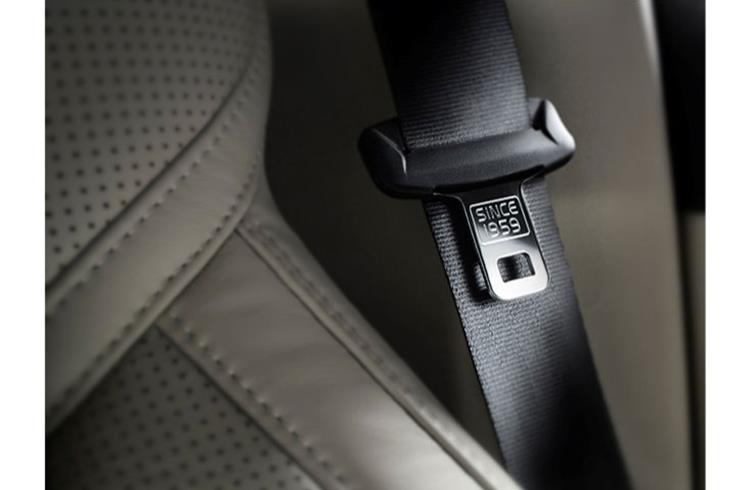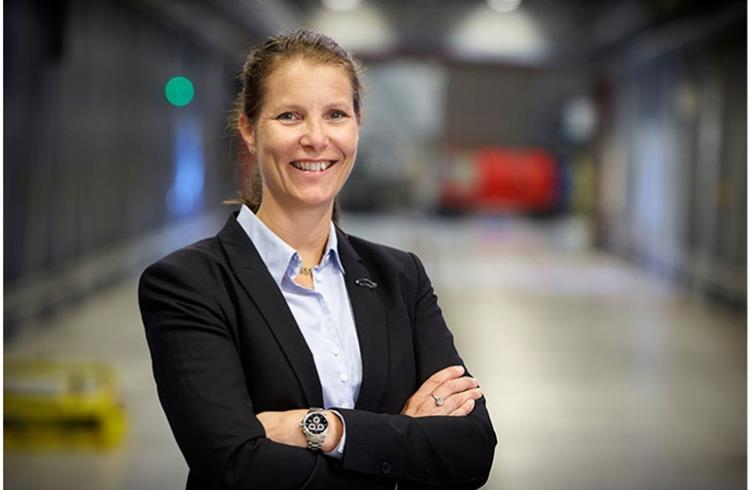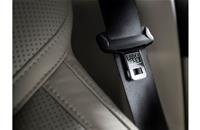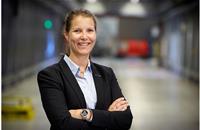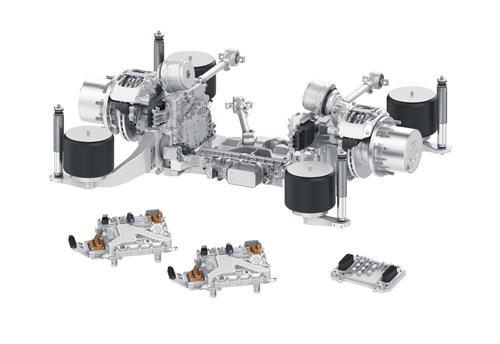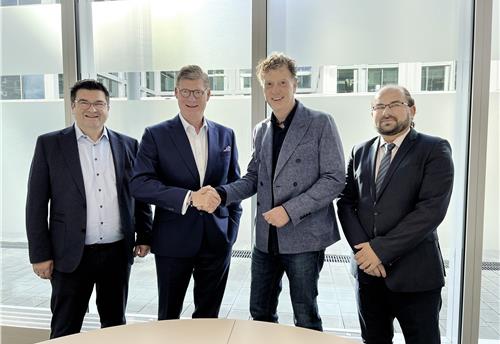Volvo urges governments to address inequality in road safety, promote safety-belt use
WHO data shows that the risk of road traffic death is more than three times higher in developing countries than in developed countries.
Volvo Cars calls on governments and regulators around the world and UN to address a large inequality in road safety between developed and developing economies and urges lawmakers around the world to adjust and enforce safety-belt laws to cover all passengers in all vehicles. Despite progress made in recent decades, official data shows a significant gap in the number of traffic fatalities between both categories of countries.
Each year, an estimated 1.35 million people lose their lives in traffic accidents. That number alone underlines the need for action, but data by the World Health Organisation (WHO) also shows that the risk of road traffic death is more than three times higher in developing countries than in developed countries.
In order to improve global road safety, Volvo Cars believes countries should promote safety belt usage by introducing and enforcing seatbelt laws covering both front and rear seats. Basic road infrastructure that keeps vulnerable road users separate from motorised traffic should be another key focus area.
Volvo Cars’ call for action comes even as the 3rd Global Ministerial Conference on Road Safety, hosted by Sweden and the WHO, is underway in Stockholm. At the conference, delegates from more than 80 United Nations member states discuss the future strategic direction for global road safety up to 2030 and beyond.
Malin Ekholm, head of Volvo Cars Safety Centre said, “Global data shows that there is a significant inequality in road safety. Those safety gaps need to be addressed through technology, but also by creating and enhancing a global safety culture. We need to understand and address the variation in seatbelt usage, while infrastructure should focus on improving the safety of vulnerable road users, pedestrians and cyclists.”
The modern three-point safety belt, first introduced by Volvo Cars in 1959, is the single most important safety feature in a car. Without it, other advanced technological safety features become largely ineffective. For example, Volvo Cars points out that an auto-brake function is much less effective if people inside the car do not wear a safety belt that keeps them secured in their seats. The same applies to child restraints, which help to protect children of different age groups.
Malin Ekholm added that “Creating a better understanding of the value and need for adequate basic protection is crucial, and we need the help of the UN and national lawmakers to address this through legislation and information. At Volvo Cars we look forward to being part of and contributing to this.”
Only 105 countries globally, have safety-belt laws that cover both front- and rear-seat occupants, in line with best practice. As cyclists, pedestrians and motorcycle users represent more than half of global road deaths, Volvo Cars also recommends that UN member states also focus road safety spending on, for example, clearly delineated pedestrian and cyclist lanes with barriers to protect these most vulnerable road users.
Since the 1960s and 1970s, data from real-world crash investigations by Volvo Cars has helped Swedish road authorities to introduce new safety features such as deformable lamp posts, updated guard rail designs and walkways separated from roads.
READ MORE
Stockholm Declaration: outcome of Third Global Ministerial Conference on Road Safety
Nitin Gadkari reiterates need for active political action to enhance road safety
Global NCAP chief urges world’s top 15 carmakers to commit to UNECE safety norms
RELATED ARTICLES
ZF to display next-gen e-axle for low-floor city buses at Busworld Turkiye 2024
The AxTrax 2 LF is available with a continuous output of up to 360 kW and a peak torque of up to 37,300 Nm.
Daimler Buses and BMZ Poland to develop next-gen NMC4 electric bus batteries
The new battery generation NMC4 – succeeding the current NMC3 technology – will combine high energy density, resulting i...
Netradyne expands UK operations via partnership with Intelex
The collaboration between Netradyne and Intelex marks a substantial leap forward in advancing road safety and fleet mana...





 By Autocar Pro News Desk
By Autocar Pro News Desk
 20 Feb 2020
20 Feb 2020
 3846 Views
3846 Views



